[Top-selling item] cycling ride think less ride more retro poster
- See more same items in here
- Or get new items ☑️Click here
More From Poster
Implicit within our recommendations is that the subject matter cycling ride think less ride more retro poster of the Indian justice system would consist, at least to a significant degree, of laws passed by the Indian governments.
cycling ride think less ride more retro poster
and not just for the immediate families of the victim and the offender. • The enforcement and recognition of orders of courts from other jurisdictions. cycling ride think less ride more retro poster The recognition and enforcement of the traditional laws and customs of the tribe or Aboriginal community. Aboriginal customary law has not been fixed in some static sense, but, instead, has continued to evolve slowly to meet the changing needs, values and circumstances present within Aboriginal communities. It has retained, however, a respect for the ways of the past, while being concerned about the interests of generations yet to be born. This philosophical orientation toward law and life has much to offer as the underpinnings for a system dedicated to the pursuit of justice. This would reflect an appreciation for the unique nature of
Aboriginal cultures, as well as the desire of Indian, Inuit and Metis peoples to restore to their communities a sense of harmony and respect for the teachings of elders. Aboriginal traditions and customs be the basis upon which Aboriginal laws and Aboriginal justice systems are built. Aboriginal communities be entitled to enact their own criminal, civil and family laws and to have those laws enforced by their own justice systems. If they wish they should also have the right to adopt any federal or provincial law and to apply or enforce that as well. It would be, therefore, a regressive step to assert that the substantive law to be applied within Aboriginal communities by Aboriginal justice systems would come only from “foreign” sources. This approach would have the effect of undermining the limited and delegated spheres of law-making that are already in the hands of band councils.




Only logged in customers who have purchased this product may leave a review.
1. Choose style, color and size. The above atributes are always available and suitable for the design, please do not hesitate to choose your favorite product. Please see our Size chart to make sure the size is right for you. See details of our product information on our Product information page.
2. Click Add to cart. Tip: Buying 2 or more products significantly reduces delivery costs.
3. Go to the checkout page. Fill out the order information and proceed with payment.
4. The system will send a confirmation email when the order is complete.
Note: 1. You can only change the order information within 4 hours of placing an order successfully. 2. Currently, due to the coronavirus pandemic, it takes us about 7-21 business days to ship product. 3. If you receive a defective product due to printing or shipping, please contact us to get a new replacement product for free.
If you have any questions, please chat with us or contact us via [email protected]. Your satisfaction is our happiness. Thank you for trusting and shopping with us!


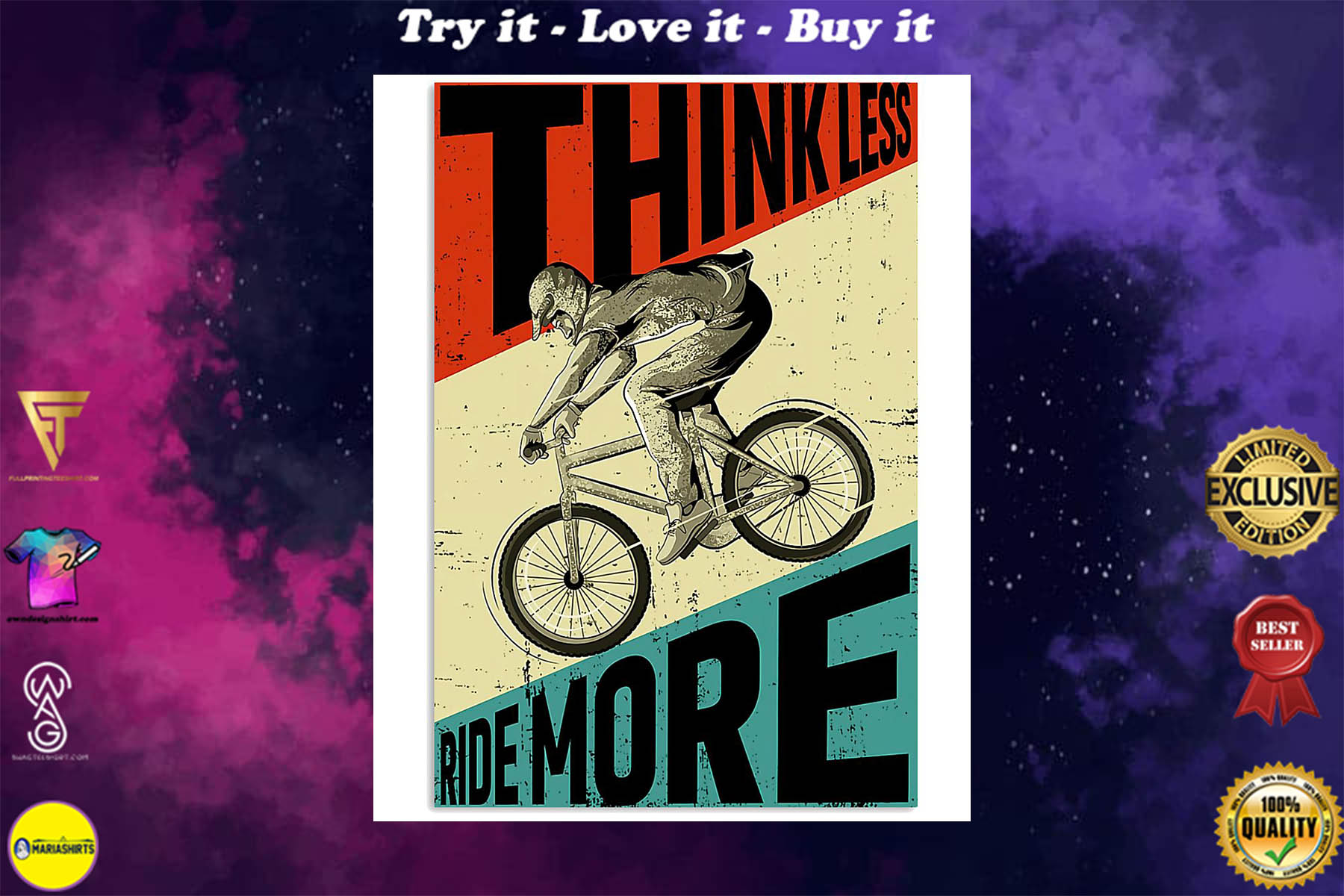
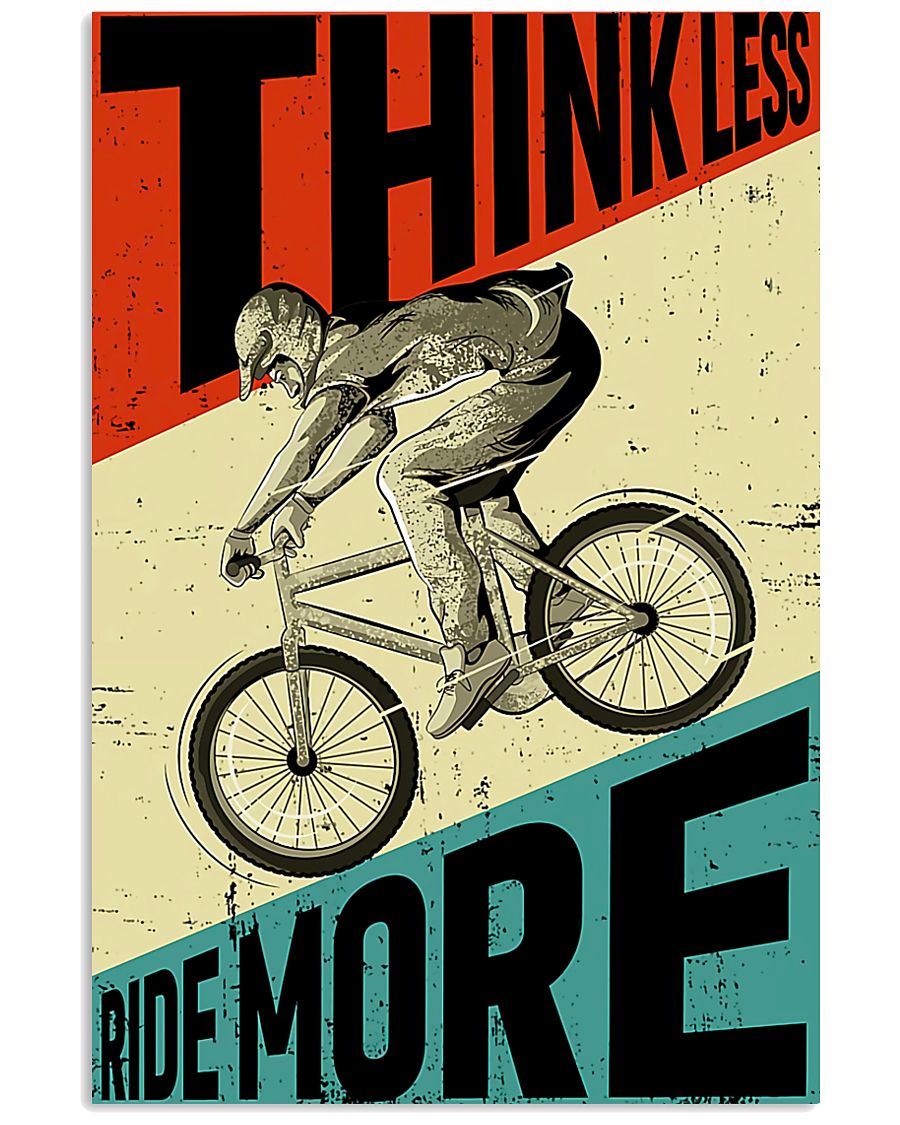
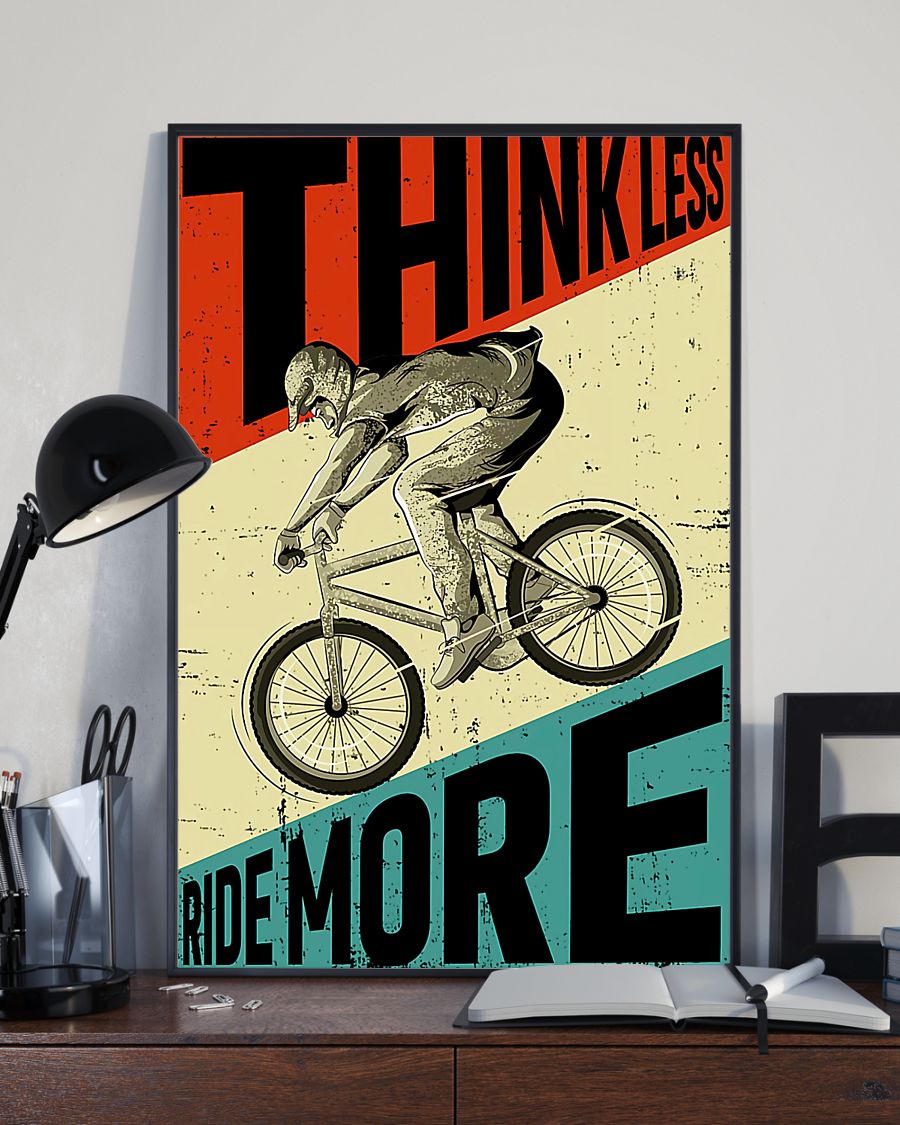








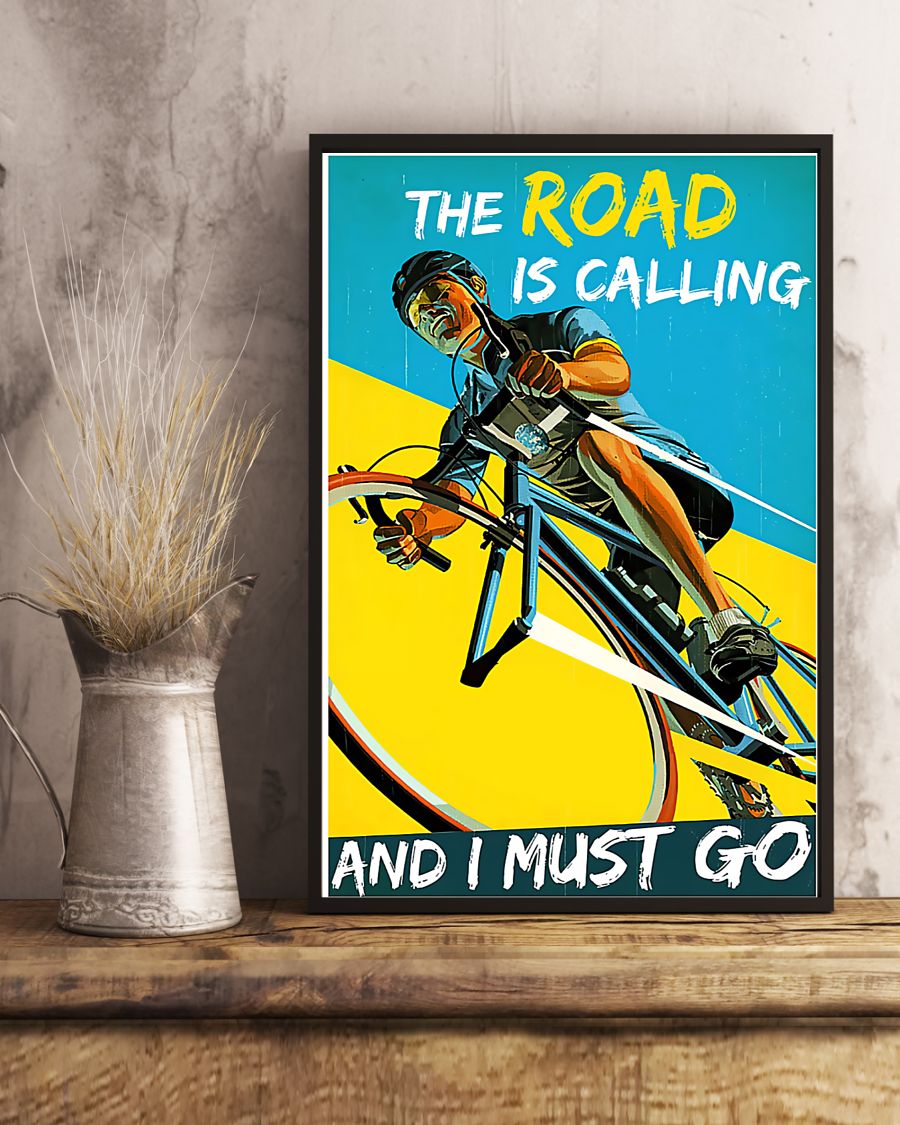






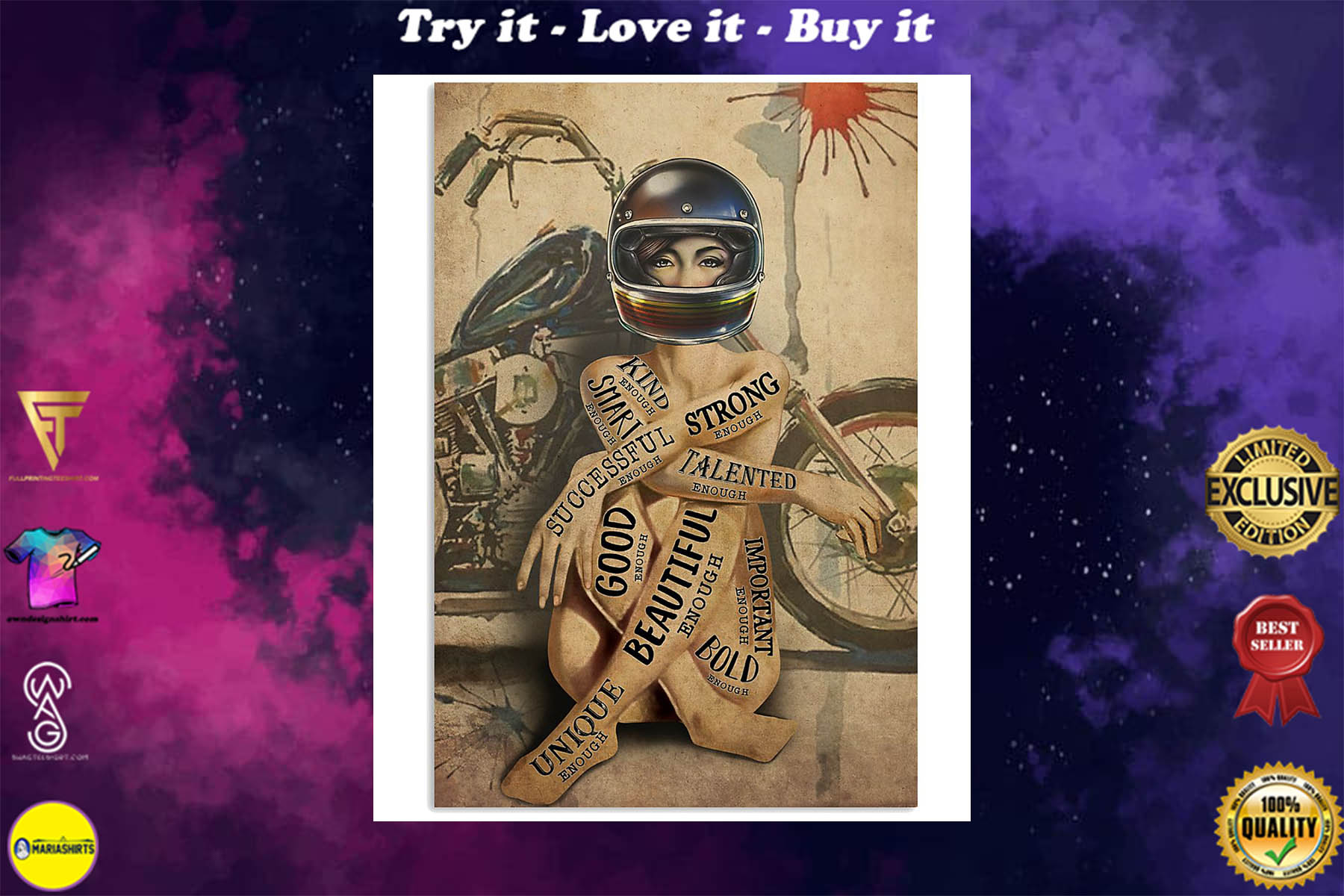
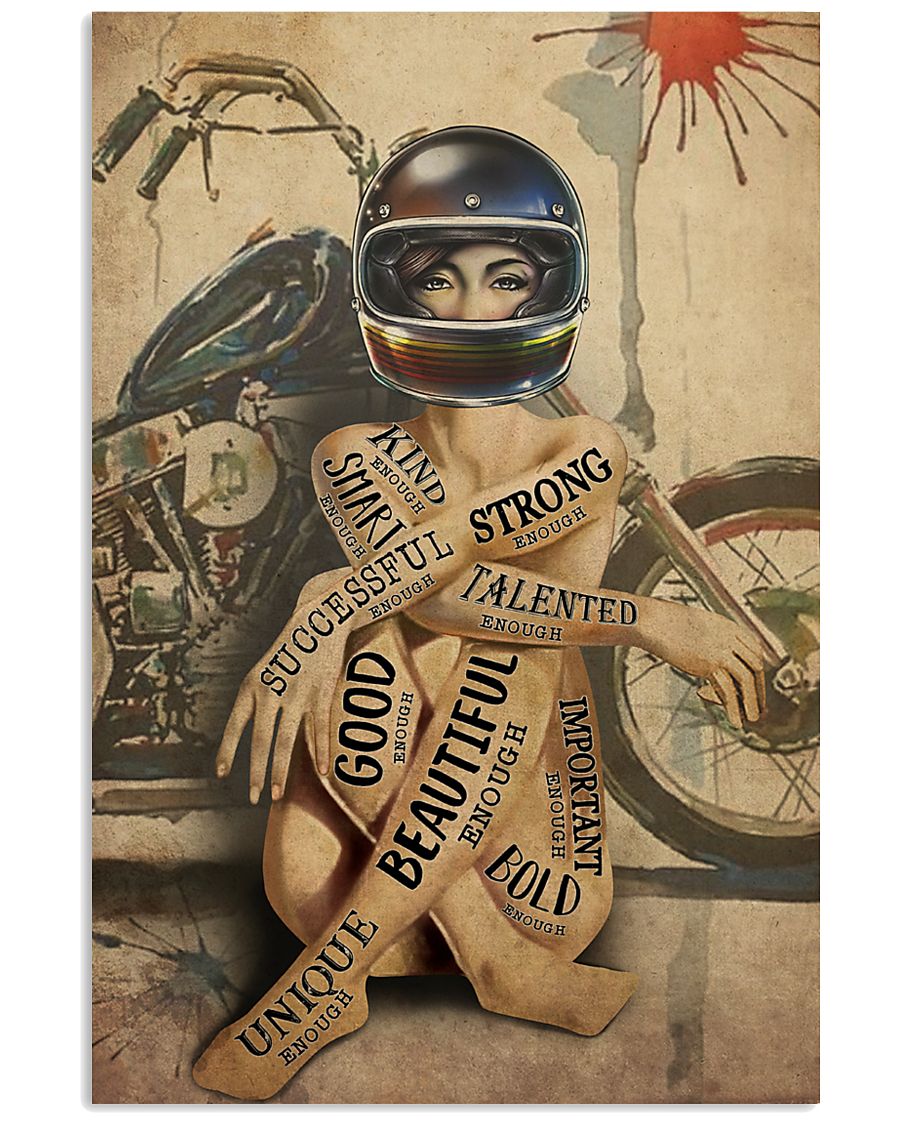
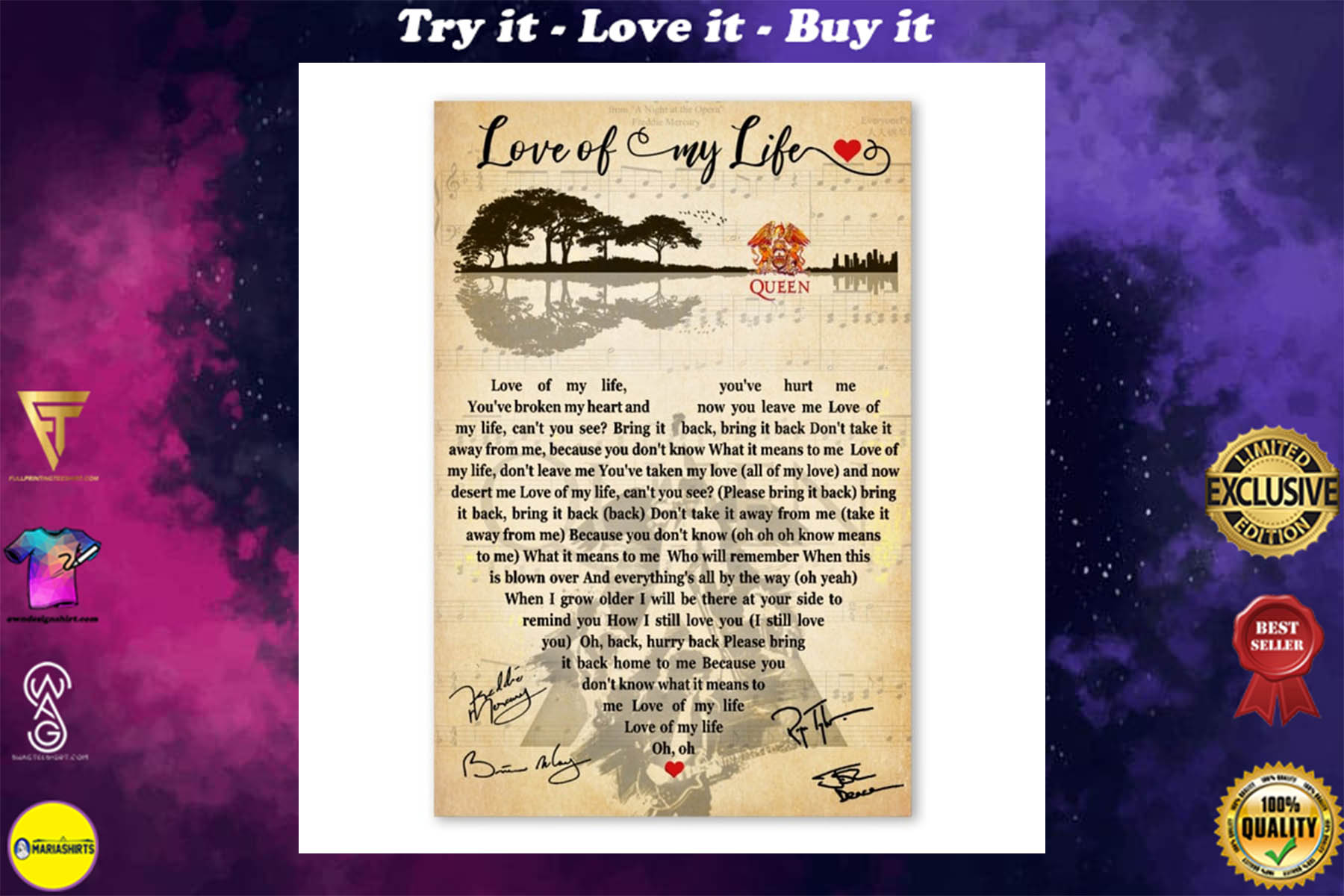
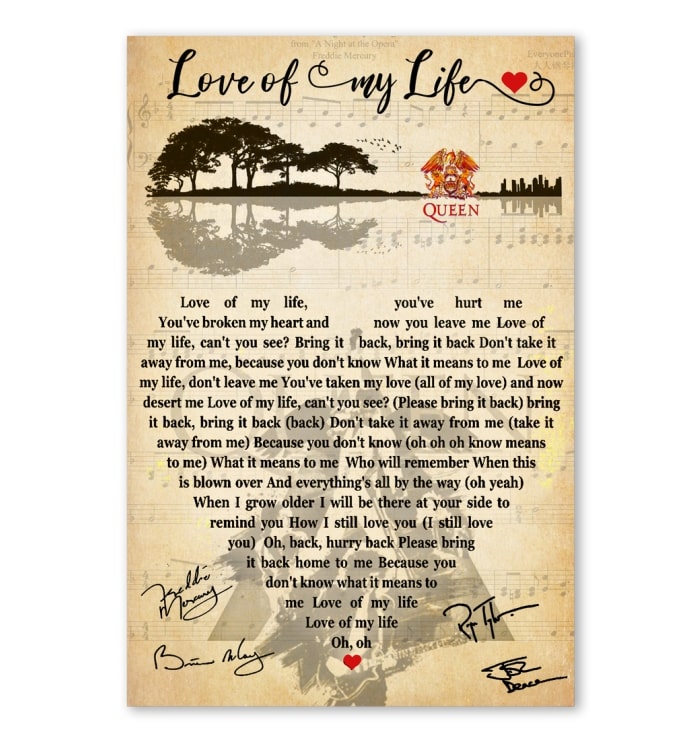

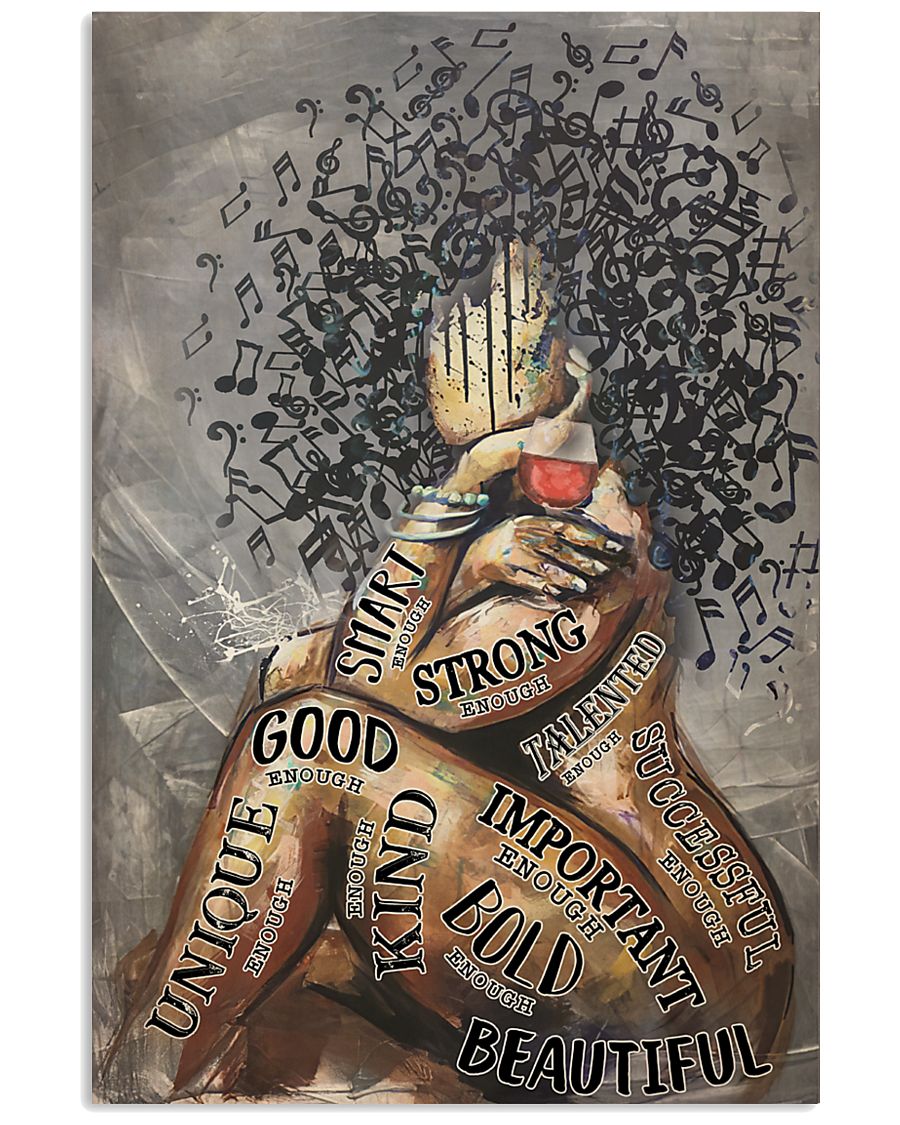
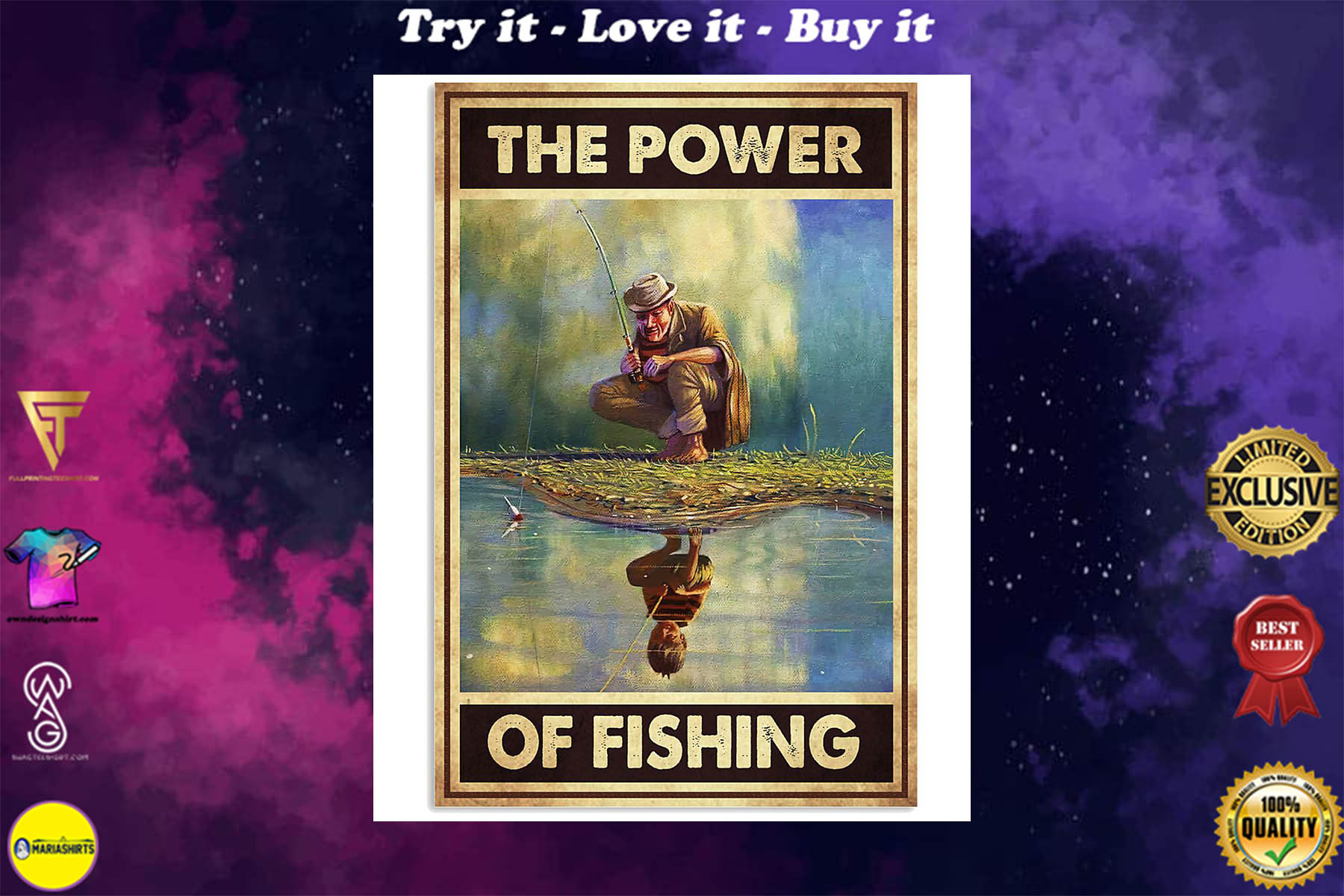
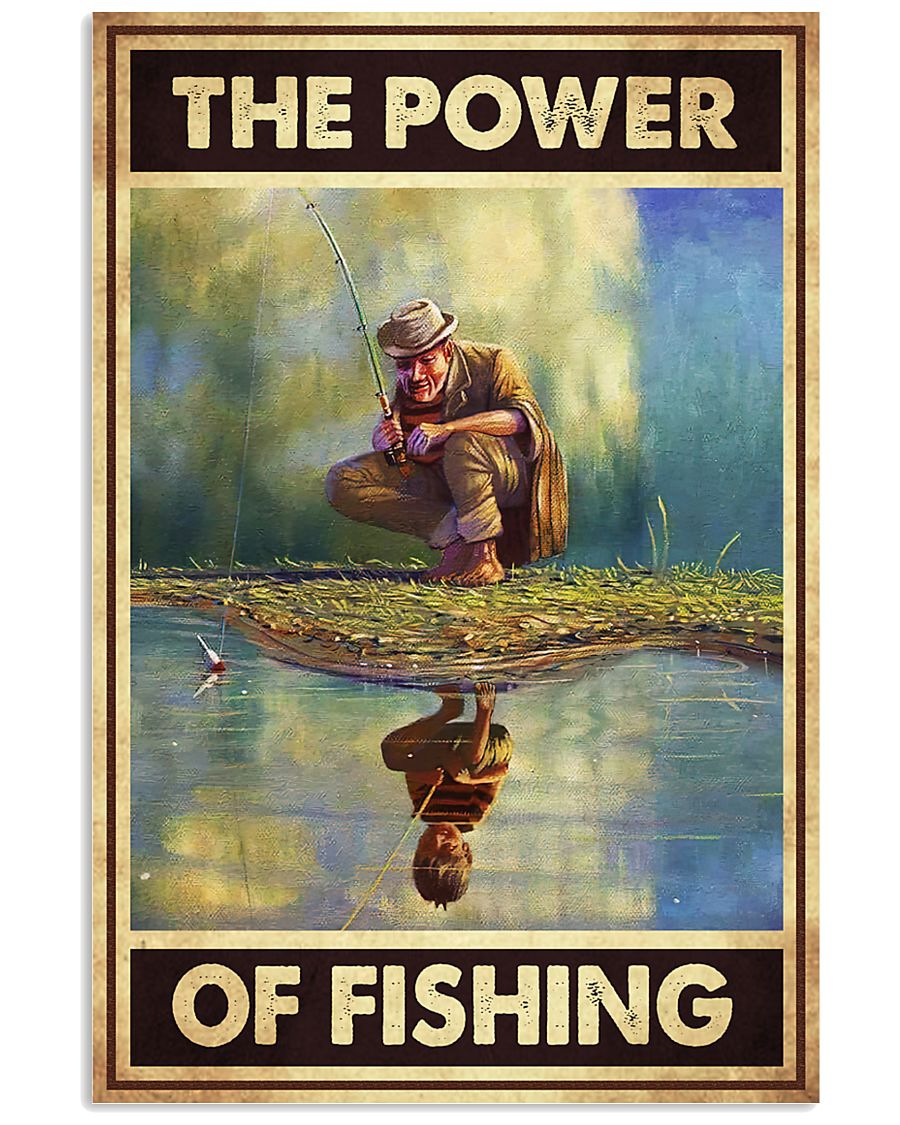



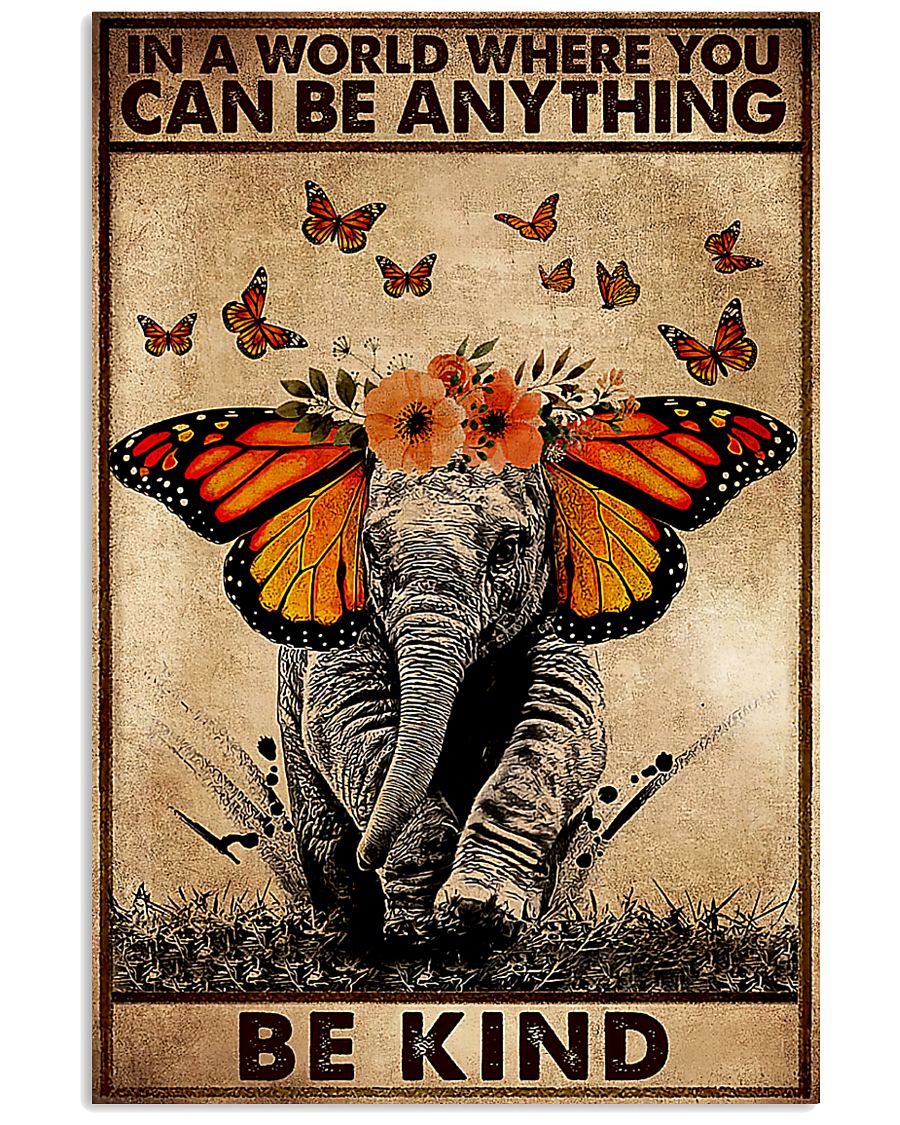







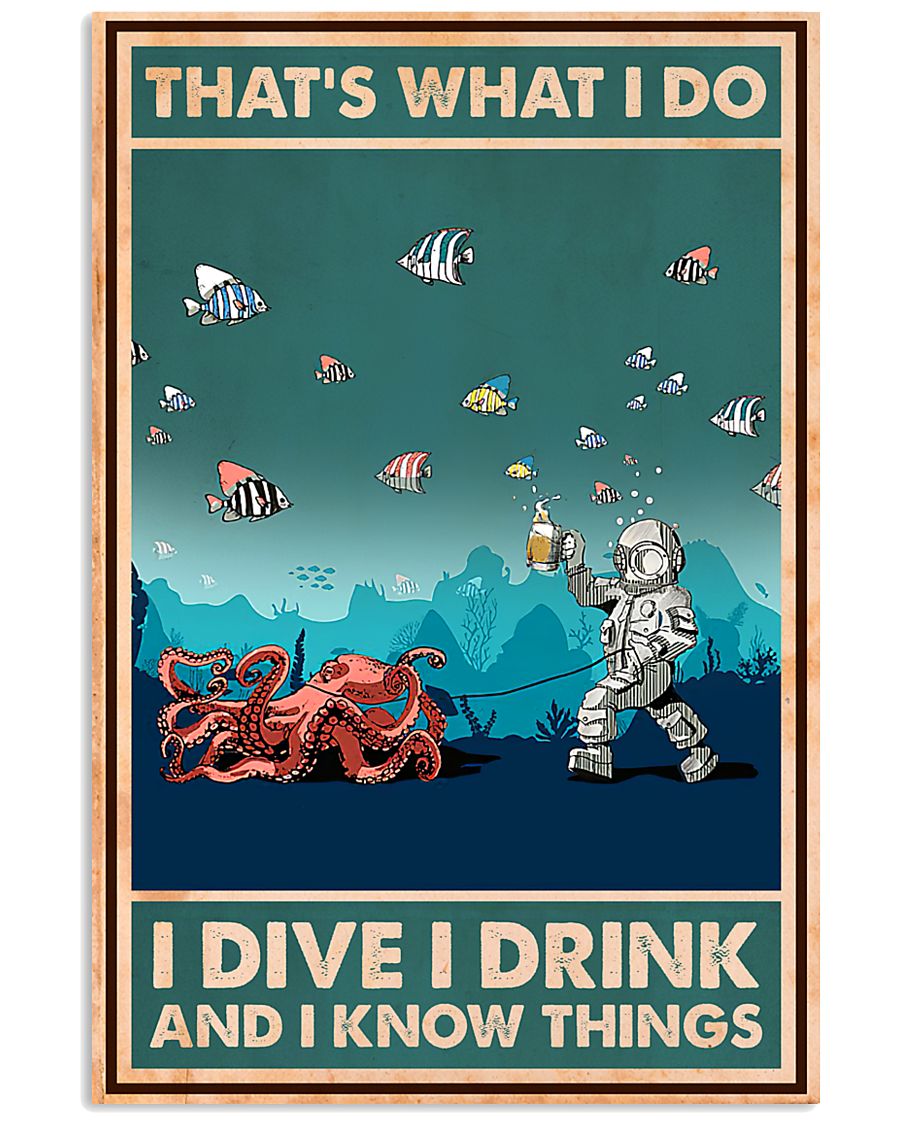

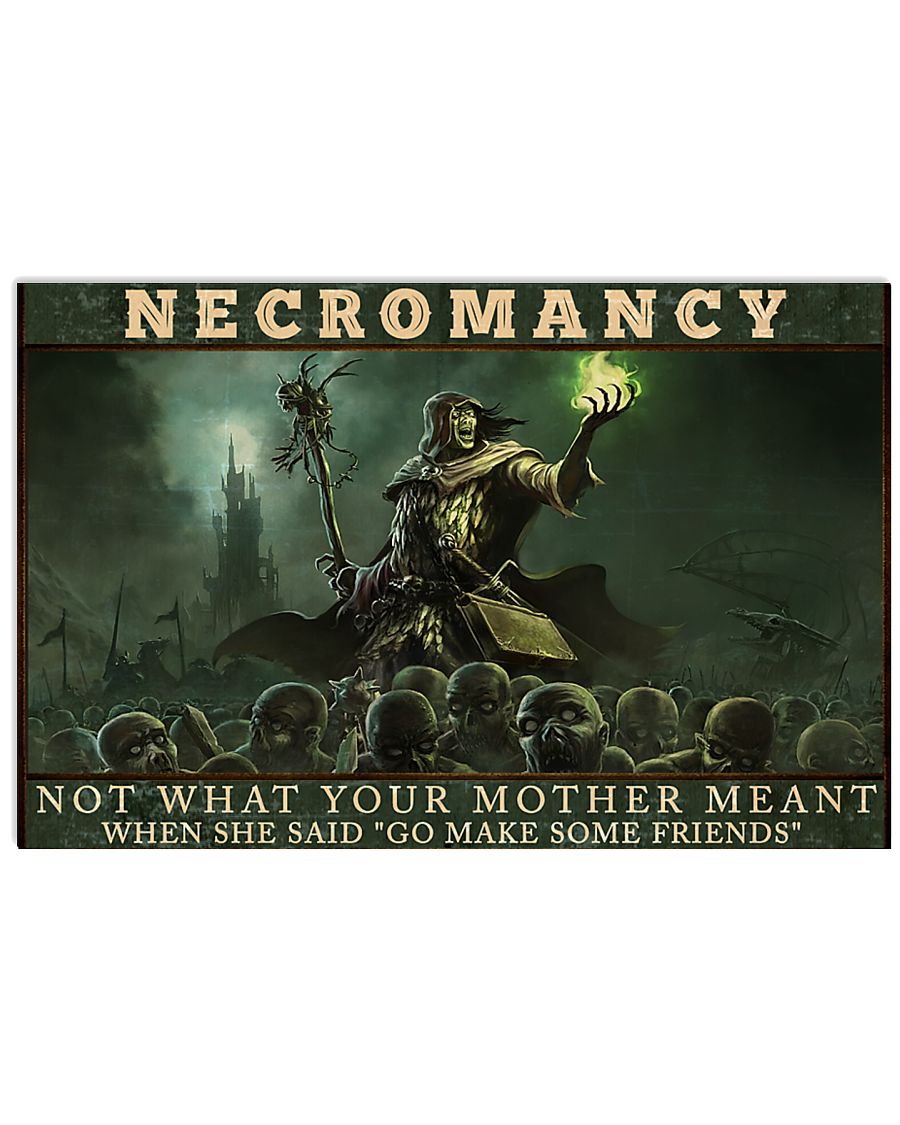




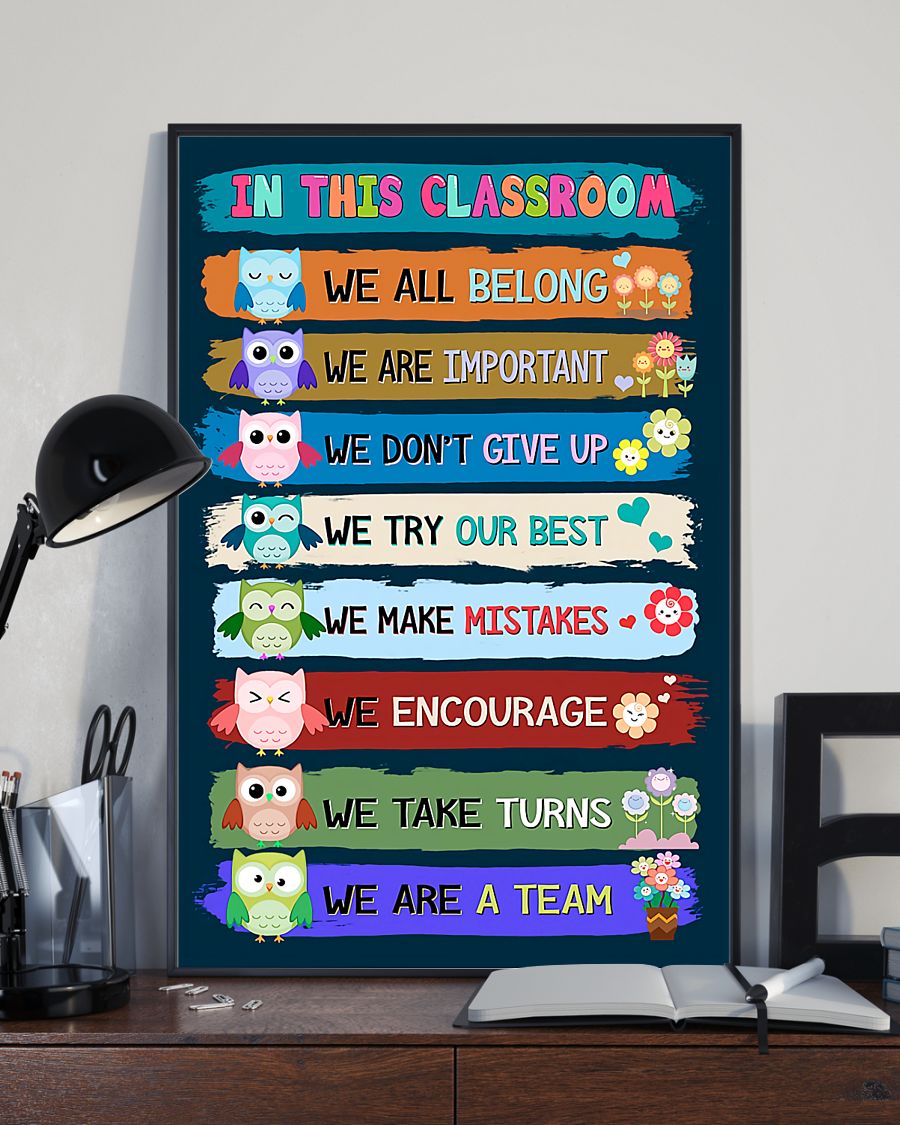
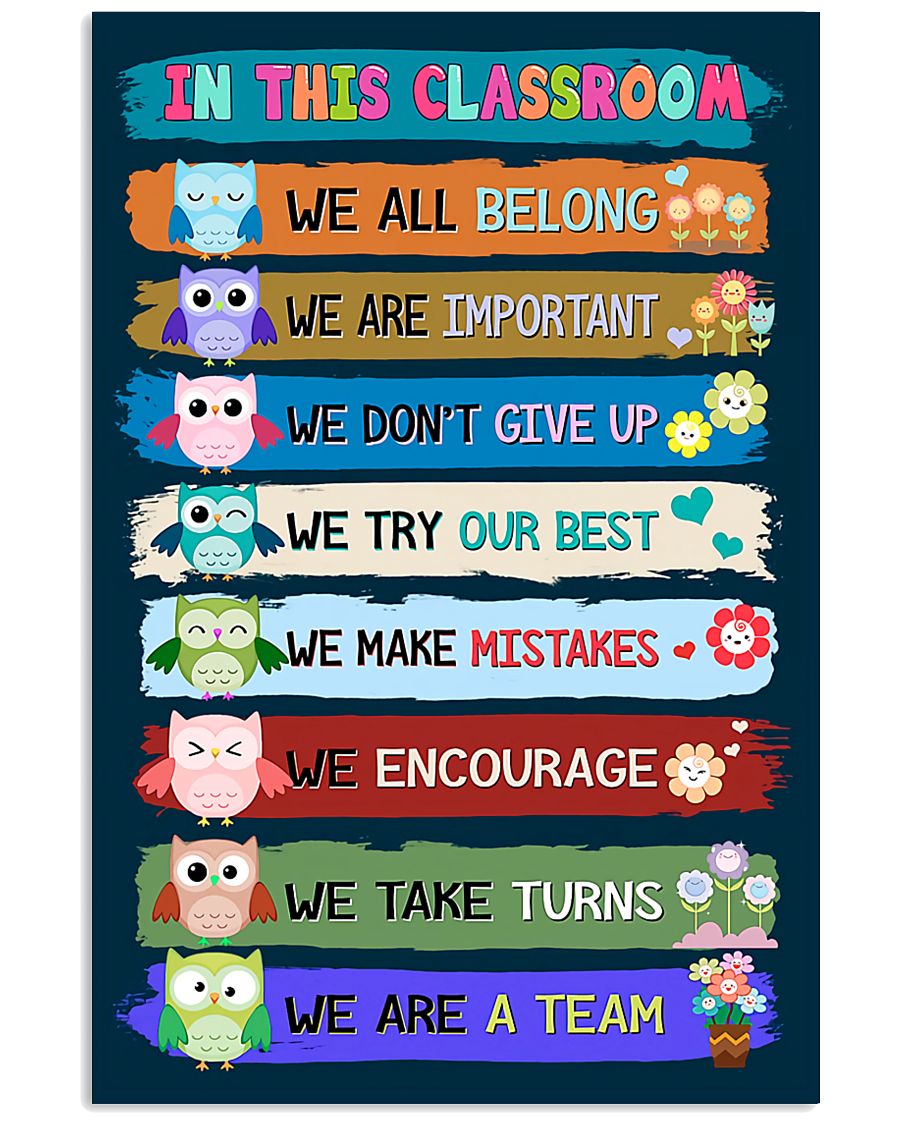



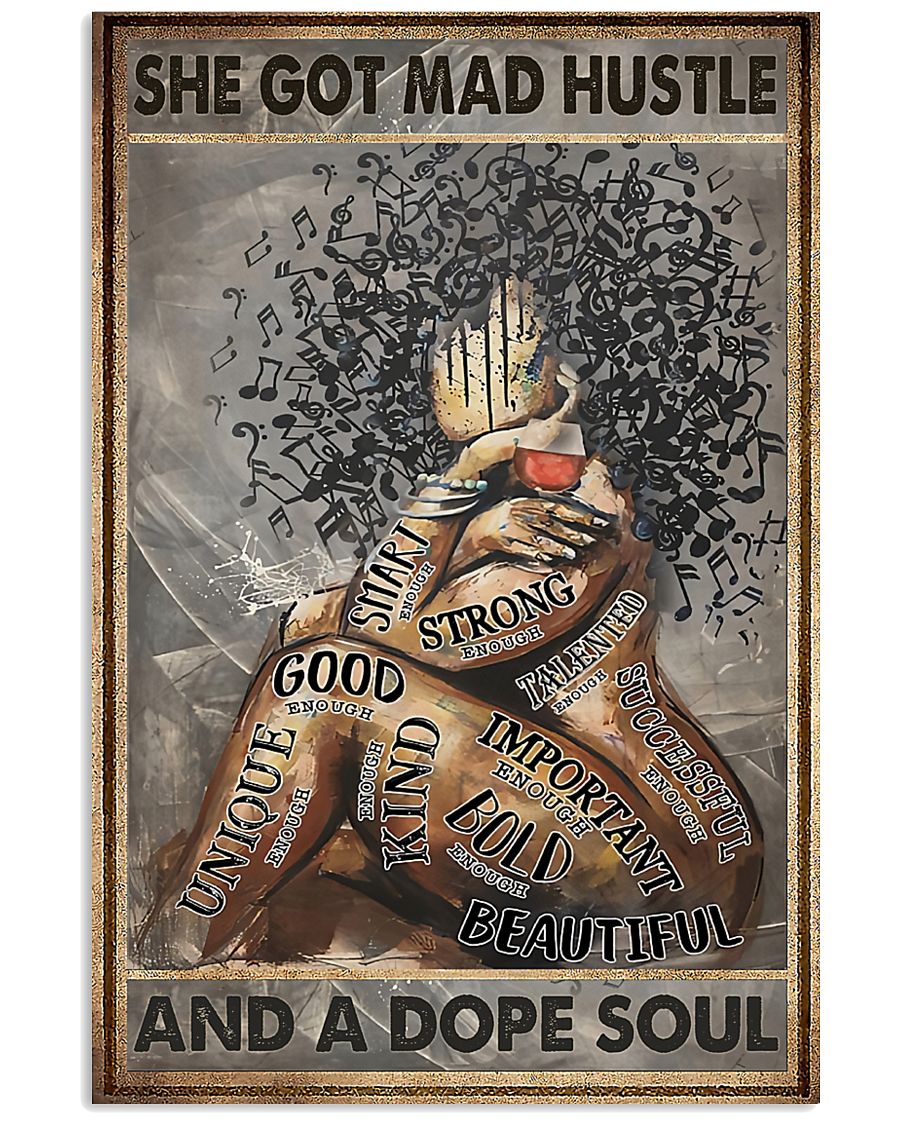
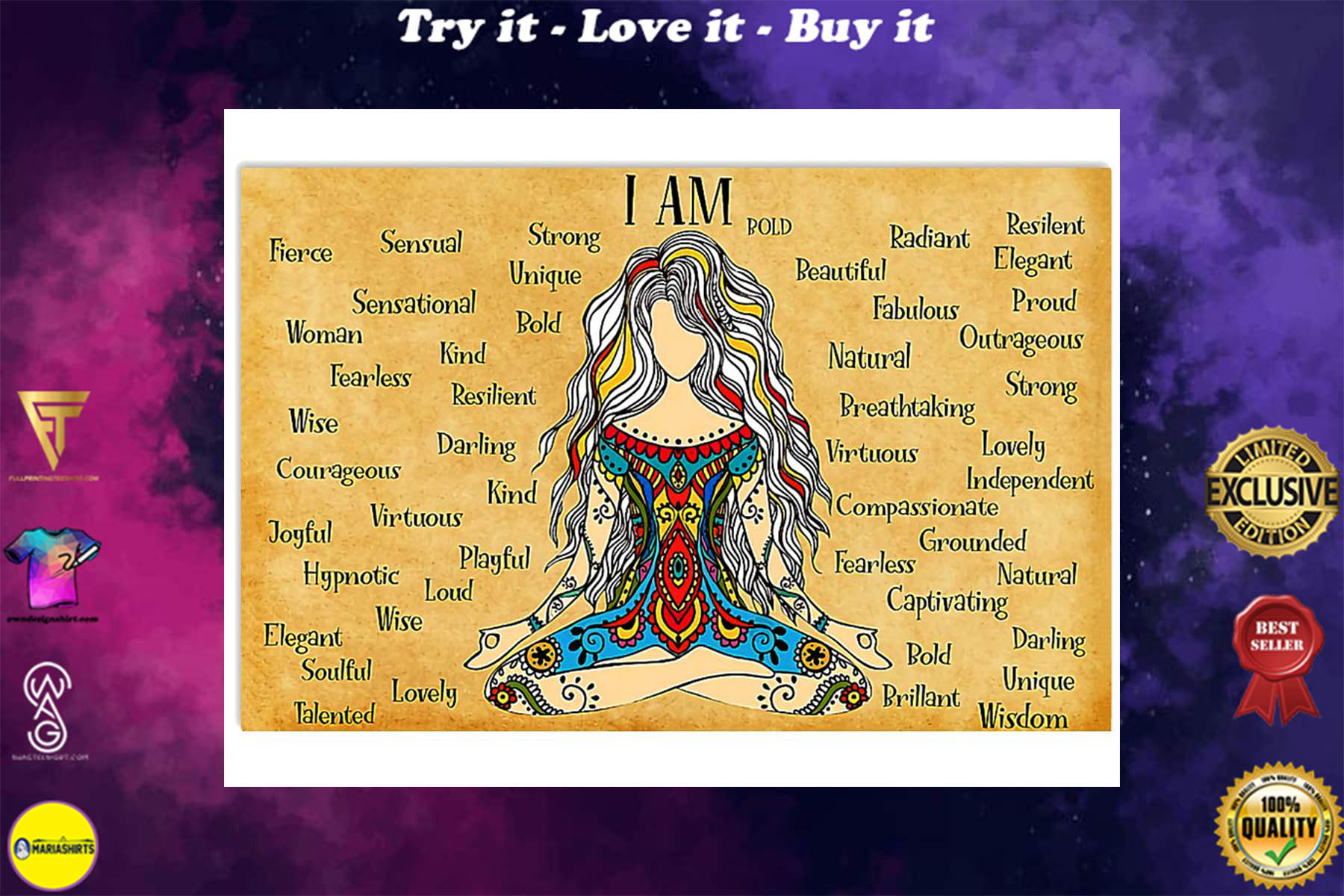
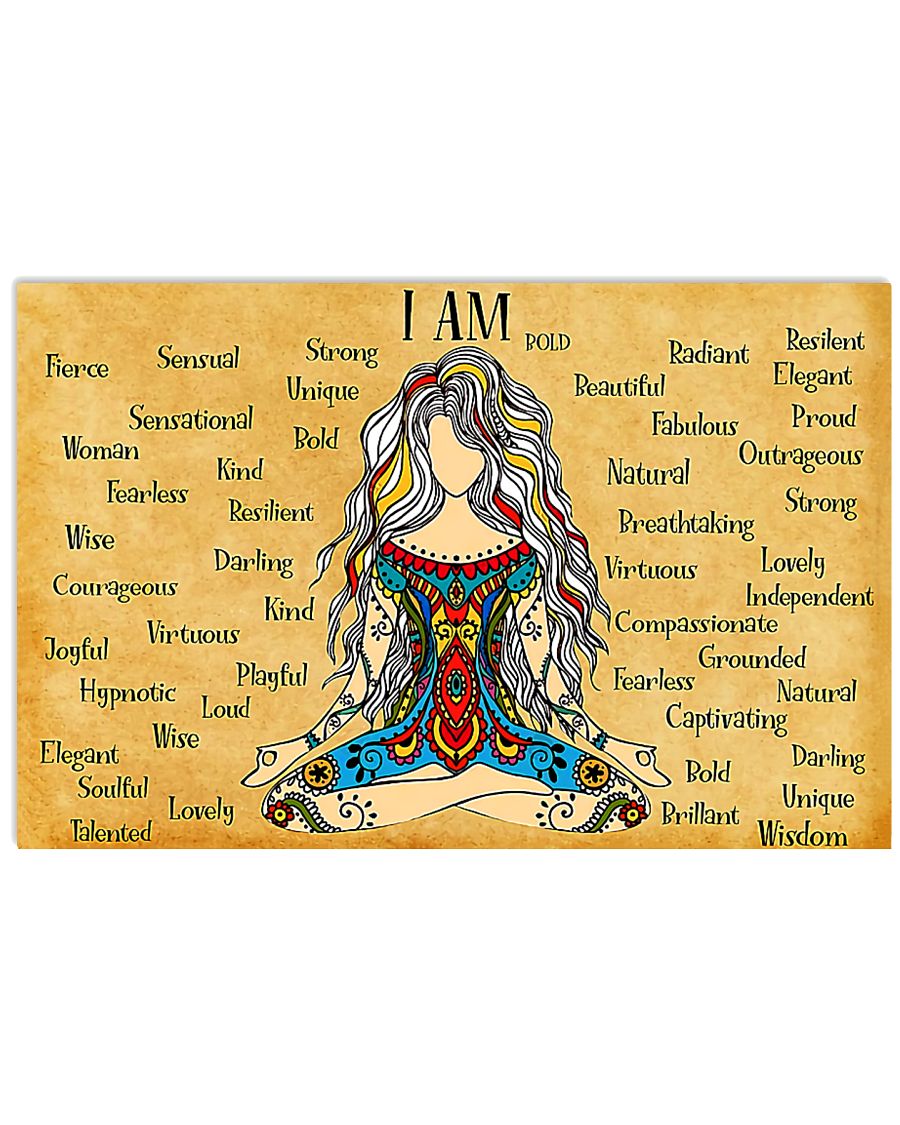

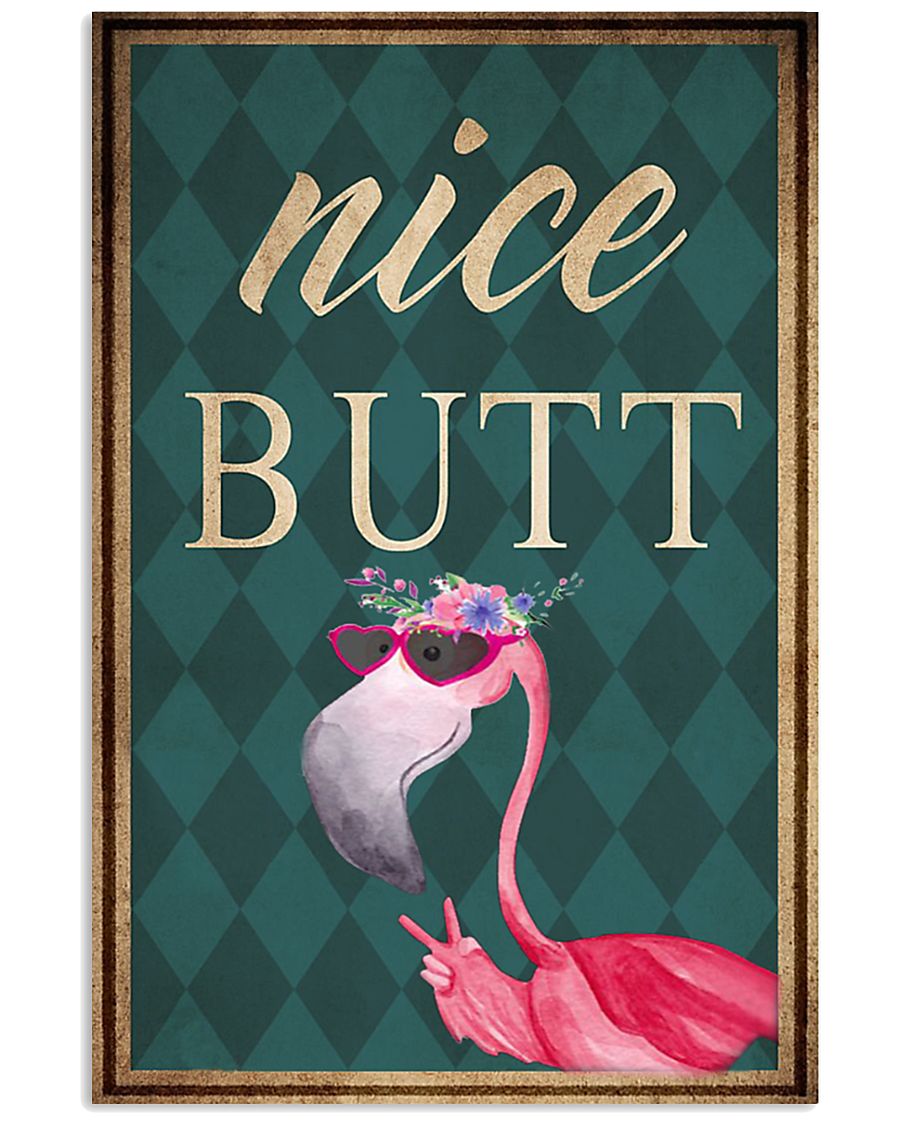




Reviews
There are no reviews yet.